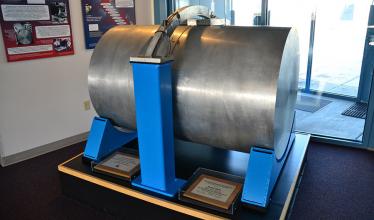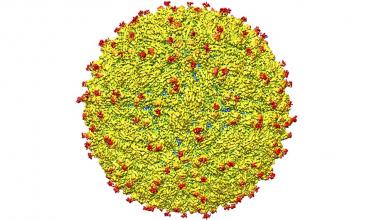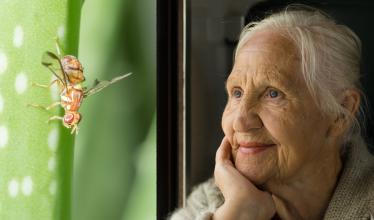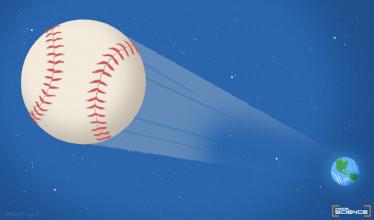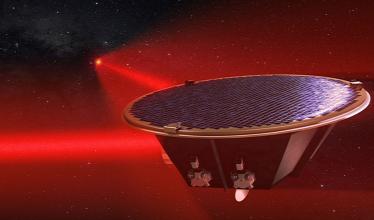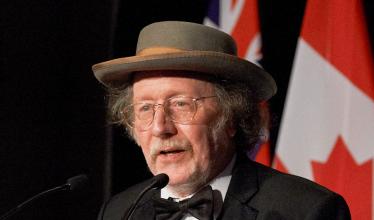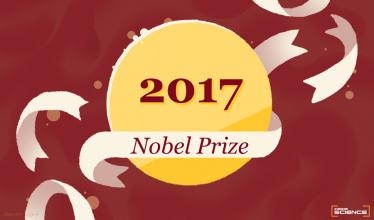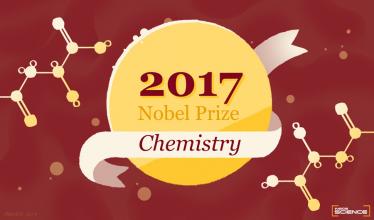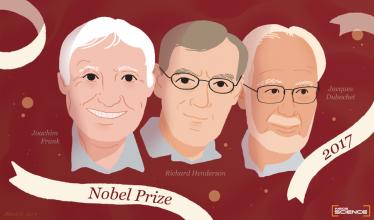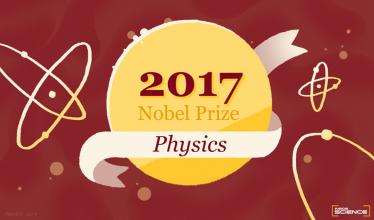The 2017 Nobel Prizes In Physiology or Medicine, Physics and Chemistry

Remembering Joseph Weber, whose failure to detect gravitational waves helped lead to their discovery.
According to experts, it's strong historic investment in basic science, academic freedom for researchers and patience to see results.
How an early bird grandmother helped prove that Nobel Prize-winning fruit fly research matters for human health.
Anything that has mass and moves can give off gravitational waves, but for familiar items they are extremely tiny.
A 100-year-old theory helped open up a brand-new world of astronomy.
The distinctive head toppers of medicine prize winner Jeffrey Hall are a testament to his keen interest in the Civil War.
Beginning early Monday morning, Inside Science will cover the discoveries behind three of the most anticipated science prizes of the year.
So-called cryo-electron microscopy can see the atoms of biological proteins in water.
Cryo-electron microscopy helps scientists see the structure of biomolecules down to each individual atom.
The 2017 Nobel prize honors three for the first observation of gravitational waves.

